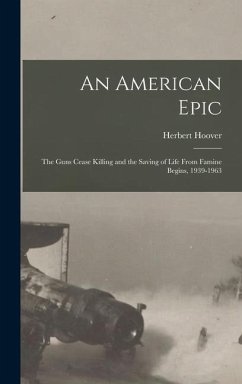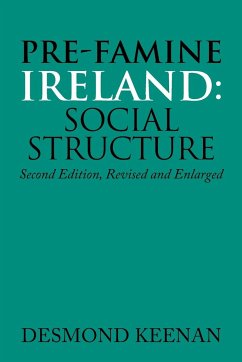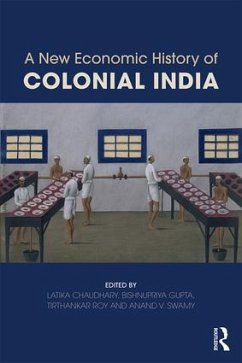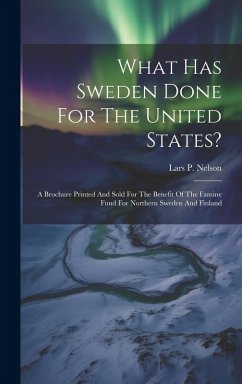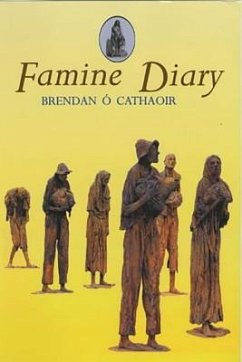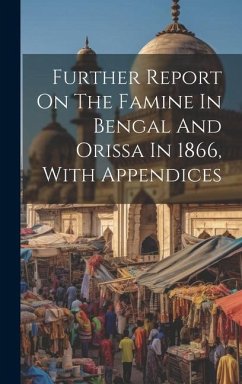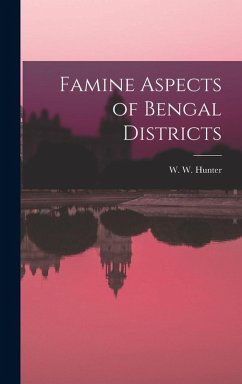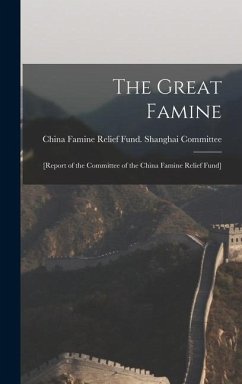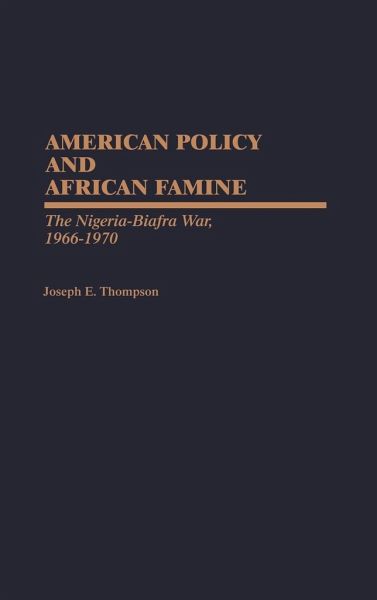
American Policy and African Famine
The Nigeria-Biafra War, 1966-1970
Versandkostenfrei!
Versandfertig in 1-2 Wochen
69,99 €
inkl. MwSt.

PAYBACK Punkte
35 °P sammeln!
In the summer of 1968 as killing and starvation escalated in Biafra in a war that used famine as a weapon, the West African conflict attracted media attention and U.S. officials felt strong domestic pressure to expand American involvement in Nigeria's civil war. The official U.S. policy of neutrality eventually encompassed an activist policy of humanitarian assistance for Biafra. Joseph E. Thompson's comprehensive study describes the events and decisions that led to increased American involvement in the Nigeria/Biafra War of 1966-1970--a complex period during which the U.S. was attempting to e...
In the summer of 1968 as killing and starvation escalated in Biafra in a war that used famine as a weapon, the West African conflict attracted media attention and U.S. officials felt strong domestic pressure to expand American involvement in Nigeria's civil war. The official U.S. policy of neutrality eventually encompassed an activist policy of humanitarian assistance for Biafra. Joseph E. Thompson's comprehensive study describes the events and decisions that led to increased American involvement in the Nigeria/Biafra War of 1966-1970--a complex period during which the U.S. was attempting to extricate itself from involvement in Vietnam. Professor Thompson provides a thorough examination of both the domestic and international pressures that resulted in dichotomous U.S. policies and analyzes the reasons for their longevity. The volume's contribution to an understanding of U.S. policy formation is important because the U.S. is the major respondent to international famine, one of the most serious contemporary problems of the developing world. An introductory essay, surveys the Nigerian political system and military coups of 1966 and details initial U.S. responses to these violent changes. An Epilogue scrutinizes the increased U.S. public and private relief for Biafra and compares it to the present African famine situation. The first three chapters consider the contrasting perceptions of Nigeria transmitted to Washington, detail both internal and external disruptions caused by Nigerian military activity, and review attempts to resolve the fratricidal conflict. Evolving U.S. policy, the role of church relief groups on governmental, technological and logistical obstacles, and bureaucratic roadblocks inherent in the structures of both government and humanitarian groups are explored in the next three chapters. Chapter 7 zeroes in on U.S. diplomatic efforts to skirt humanitarian issues, and Chapter 8 assesses U.S. difficulties in following a course of political non-involvement in Nigeria while supplying humanitarian relief to Biafra. Fifteen valuable tables and figures and 5 maps complete this distinguished contribution to African Studies literature.



